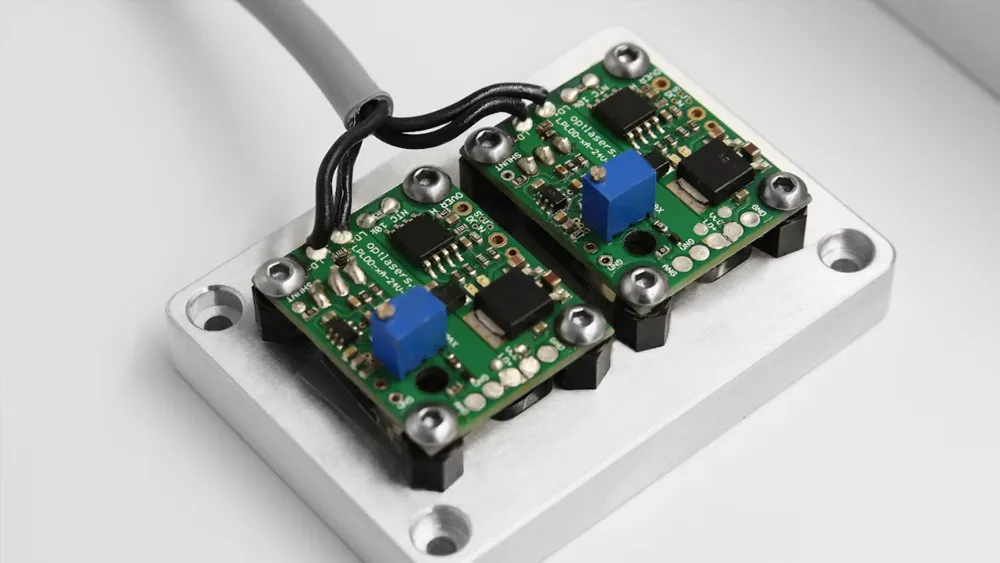
What is METI Filing for Amazon Japan?
Overview of meti filing
METI Filing, officially known as the Ministry of Economy, Trade and Industry (METI) Filing, involves the registration of specific types of products or equipment to ensure their legal sale and use in the Japanese market. For sellers on Amazon Japan, products within the regULatory scope must undergo METI Filing. This process is crucial for complying with Japanese laws and regulations, avoiding potential legal risks and penalties, and is one of the essential entry conditions for the Japanese market.
METI Filing mainly involves two aspects:
1. Enterprise Filing and Product Filing:
- Enterprise Filing: Businesses must register with the Ministry of Economy, Trade and Industry, providing basic information such as the company name, address, and shareholder details.
- Product Filing: When launching new products, businesses must submit product information to the Ministry of Economy, Trade and Industry for registration. This includes basic product details, specifications, functions, production, and sales information. The ministry reviews the product to ensure it meets relevant standards and regulations.
METI Filing applies to various products and equipment, such as telecommunication devices, electrical appliances, and batteries. Telecommunication devices imported into Japan must undergo METI Filing to comply with Japanese telecommunications regulations and technical standards. Additionally, according to the Electrical Appliance and Material Safety Law, 498 products must pass PSE safety certification before entering the Japanese market. Among these, 165 Class A products must obtain the diamond-shaped pse mark, and 333 Class B products must obtain the circular PSE mark.
METI Filing ensures that businesses comply with relevant laws and regulations, avoids legal risks and penalties, and enhances consumer trust and product recognition, boosting brand image and market share. Businesses should complete METI Filing procedures before engaging in commercial activities or launching new products to ensure legal compliance.
METI Filing Process
1. Preparation of Materials:
- pse certificate and Report: This is a mandatory safety certification in Japan, proving that electrical and electronic products have passed the safety standards of Japan’s Electrical Appliance and Material Safety Law or international IEC standards.
- Manuals and Specifications in English or Japanese: These describe the product’s usage and specifications.
- Declaration of Conformity: Ensures the product’s compliance.
- Application Form: Filled out according to the PSE certificate, including relevant product information.
- Product Images: Showcasing the product’s appearance and features.
- Japanese Importer’s Business License: Not needed if using a third-party agent.
2. Submission of Materials: Submit the above materials to the Ministry of Economy, Trade and Industry.
3. Review and Filing: The ministry reviews the submitted materials and completes the filing process.
4. Receipt of Filing Certificate: Obtain the original and electronic filing certificate.
5. Important Notes:
- METI Filing is mandatory for products that require pse certification.
- The validity period for METI Filing is three years.
- PSE certification must be obtained before applying for METI Filing.
Materials RequiRED for METI Filing
- PSE Certificate and Report: Mandatory safety certification proving compliance with Japan’s Electrical Appliance and Material Safety Law (DENAN Law) or international IEC standards.
- Manuals and Specifications in English or Japanese: Detailed descriptions of the product’s basic information, specifications, and functions.
- Declaration of Conformity: Legal document confirming the product meets relevant laws and regulations.
- Application Form: Completed based on the PSE certificate, containing manufacturer and product information.
- Product Images: Displaying the product’s appearance and features.
- Japanese Importer’s Business License: Official document proving the enterprise’s qualification to conduct business in Japan.
Purpose of METI Filing
The purpose of METI Filing is to ensure products exported to Japan meet the market’s entry requirements and to protect consumer safety. Regulations require Japanese purchasers to register with METI within one month of purchasing goods and mark the purchaser’s name or ID on the product for future sales supervision.
Important Considerations for METI Filing
1. Relationship Between PSE Certification and METI Filing: PSE certification is a mandatory safety certification in Japan, and products requiring PSE certification must also undergo METI Filing.
2. Difference Between METI Filing and PSE Certification: METI Filing guarantees the production information of the product, while PSE certification tests the product’s safety.
3. Validity of METI Filing: The circular PSE filing is valid for one year, while the diamond-shaped filing is consistent with the validity of the PSE certificate. If the PSE certificate is about to expire, it is recommended to reapply for PSE before filing again.
4. Impact on Amazon Japan Sellers: Amazon Japan requires sellers to provide METI Filing and PSE certification due to Japan’s emphasis on product safety. For cross-border e-commerce exports to Japan, the certification requirements are stringent. Products within the PSE certification scope must apply for METI Filing.
Currently, METI requirements are not mandatory for customs clearance, but Amazon Japan mandates METI Filing and PSE certification for sellers. All products within the PSE certification directory require METI Filing.
In conclusion, METI Filing is a crucial part of the Japanese market, affecting the legal sale of products and protecting consumer rights. For sellers aiming to enter the Japanese market, understanding and complying with this regulation is vital.
More:Japan JATE certification | Japan Telec Certification | Japan's METI Registration | Japanese PSE Certification | Japan's VCCI certification
Email:hello@jjrlab.com
Write your message here and send it to us
 Canada ISED Certification RSS-247 Standard Testing
Canada ISED Certification RSS-247 Standard Testing
 What Are the Product Compliance for Amazon Austral
What Are the Product Compliance for Amazon Austral
 Australia IoT Security Compliance
Australia IoT Security Compliance
 V16 Warning Light EU EN 18031 Cybersecurity Certif
V16 Warning Light EU EN 18031 Cybersecurity Certif
 Japan IoT Security JC-STAR Certification
Japan IoT Security JC-STAR Certification
 FCC SDoC Compliance Information Statement
FCC SDoC Compliance Information Statement
 What Does FCC SDoC Certification Mean?
What Does FCC SDoC Certification Mean?
 What is Bisphenol A (BPA) Testing?
What is Bisphenol A (BPA) Testing?
Leave us a message
24-hour online customer service at any time to respond, so that you worry!




